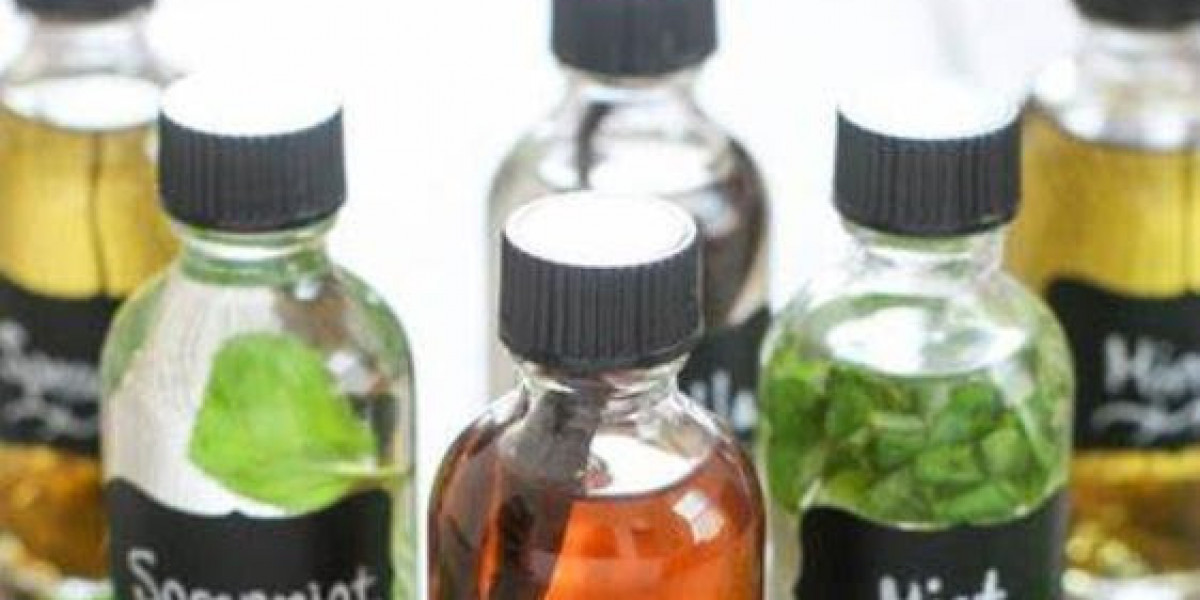The global beverage flavouring agent market is undergoing significant transformation driven by evolving consumer preferences, innovations in food technology, and heightened competition among key industry players. With increasing demand for functional, natural, and clean-label beverages, flavouring agents have become an integral component in product differentiation and brand identity. This article delves into the current competitive landscape of the beverage flavouring agent market, highlighting key players, emerging trends, and strategic movements shaping the industry's future.
Market Overview
Beverage flavouring agents are used to enhance the taste, aroma, and appeal of both alcoholic and non-alcoholic beverages. These agents include natural extracts, synthetic compounds, and nature-identical substances. As consumers demand more customized and exotic flavours—ranging from botanical infusions to nostalgic tastes—flavouring manufacturers are innovating rapidly.
The global beverage flavouring agent market was valued at approximately USD 13.5 billion in 2023 and is projected to grow at a compound annual growth rate (CAGR) of 5.8% from 2024 to 2030. This growth is spurred by the increasing consumption of ready-to-drink beverages, energy drinks, fortified waters, and functional drinks across developed and emerging economies.
Competitive Landscape
The market is characterized by the presence of several established companies along with a growing number of niche players focused on natural and organic flavouring solutions. Key players include:
Givaudan
One of the largest flavour and fragrance companies globally, Givaudan has a robust portfolio of beverage flavouring agents. Its acquisition of Naturex and Ungerer & Company has strengthened its natural and botanical offerings.International Flavors & Fragrances Inc. (IFF)
Through strategic mergers, including the acquisition of DuPont’s Nutrition & Biosciences division, IFF has positioned itself as a leader in both synthetic and natural flavour development.Symrise AG
With a focus on sustainable sourcing and innovation, Symrise is gaining market share by offering tailor-made flavouring solutions and expanding its footprint in Asia-Pacific and Latin America.Firmenich
Known for its strong research and development capabilities, Firmenich is investing in biotechnology and AI-based flavour design, targeting health-conscious consumers.Takasago International Corporation
Takasago continues to strengthen its presence in Asia with region-specific flavour profiles and strategic local partnerships.
Emerging Trends and Innovation Drivers
1. Shift Towards Natural and Clean-Label Ingredients
Consumer awareness around health and wellness has driven demand for natural flavouring agents derived from fruits, vegetables, herbs, and spices. Clean-label trends are encouraging companies to reformulate beverages using recognizable and minimally processed ingredients. This shift has intensified competition among flavour houses to secure organic certifications and transparent sourcing.
2. Functional and Health-Focused Flavours
With the rise of functional beverages enriched with probiotics, adaptogens, and vitamins, flavouring agents are being tailored to mask unpleasant tastes or enhance sensory appeal. Players are competing to develop multifunctional flavours that support mood, immunity, or energy without compromising taste.
3. Regional and Cultural Flavor Preferences
Manufacturers are localizing flavour profiles to cater to diverse consumer bases. For example, floral and tea-based flavours are gaining popularity in Asia, while Latin America shows strong demand for tropical and spicy profiles. Companies offering agile flavour development processes to quickly respond to regional trends are gaining a competitive edge.
4. Technological Advancements and AI Integration
Innovations in flavour encapsulation, fermentation technology, and AI-based predictive modelling are reshaping the development pipeline. Firms investing in technology to simulate consumer responses and reduce time-to-market are outpacing traditional competitors.
Strategic Moves and Market Consolidation
The market has seen several mergers and acquisitions aimed at broadening product portfolios, expanding geographic reach, and entering high-growth verticals such as plant-based beverages and nutraceuticals. Strategic partnerships between beverage producers and flavour houses are also on the rise, fostering co-creation and collaborative innovation.
Additionally, private label beverage brands are partnering with flavour developers to offer exclusive formulations, increasing pressure on traditional players to diversify and customize their offerings.
Challenges and Competitive Pressures
While the market is expanding, competition is intensifying. Price volatility in natural raw materials, stringent food safety regulations, and the cost of R&D in novel flavour technologies pose significant challenges. Moreover, smaller companies focusing on hyper-local and artisanal flavours are disrupting traditional dominance, especially in niche health and wellness segments.
Conclusion
The beverage flavouring agent market is marked by dynamic competition and continuous evolution. Companies that prioritize innovation, sustainability, and consumer-centricity are best positioned to thrive. As consumer tastes grow more sophisticated, the race to deliver unique, health-forward, and globally inspired flavour experiences will define the next chapter in this competitive landscape.
Learn More : https://www.pristinemarketinsights.com/beverage-flavouring-agent-market-report






